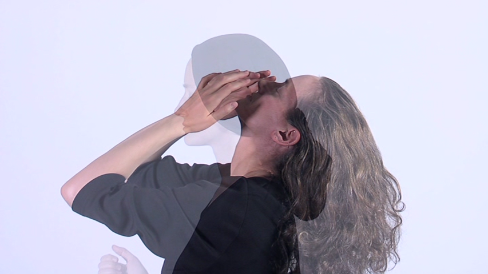Logics for Art’s Histories: Raphael after the Holocaust in the Virtual Feminist Museum
Thursday 11 June 2015, 5.30PM
Speaker(s): Griselda Pollock (CentreCATH, University of Leeds)

Some scholars have declared ‘End of Art History’ on the basis that contemporary and global art has broken the bounds of the traditional logic of art historical thinking in nations, periods, styles, movements, oeuvres, and of course, great masters,. ‘Feminist interventions in art’s histories’ pipped these scholars to the post by some decades and for different reasons. Since the mid-1970s, feminist thought has challenged the logic of what counted as art historical knowledge, potentially exploding the discourse but not abandoning the practice. In my work over forty years, I have been formulating ‘concepts’ with which to think and thus to propose ways of analysing histories of art: old mistresses, vision and difference, gender and the colour of art history, generations and geographies, differencing the canon, and the virtual feminist museum. When the first book under that concept was published (2007) one reader positively affirmed that the book outrageously demonstrated its unreason as a challenge to the reason of art history.
In this lecture, I will present a new installation in the Virtual Feminist Museum as a case study of feminist unreason, asking you to consider with me what are the grounds for new logics of connection that can produce understanding that refuses to enclose art in its pasts while insisting on historical grounding, that refuses the boundaries between disciplines while seeking to energize the field that used to be art history, that explores the performativity of the lecture format and seeks to articulate critical thinking with affective transformation. Not about art or history, the virtual feminist museum is an experimental form of working with aesthetics and temporalities. Asking where and what is Raphael after the Holocaust leads to these questions:
Can knowledge be performative? Can the performative produce knowledge?
Do current technologies offer us ways to rethink the orders of knowing, the modes of analysis, the process of studying and encountering images, texts, practices, histories?
This lecture is open to the public- everyone is welcome.
Location: Vanbrugh College V/045
